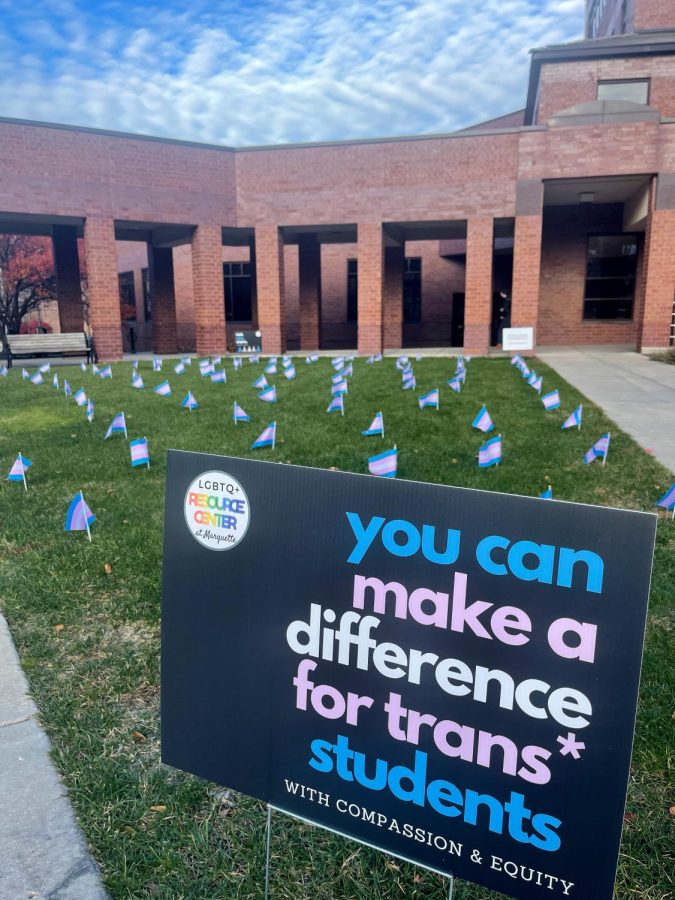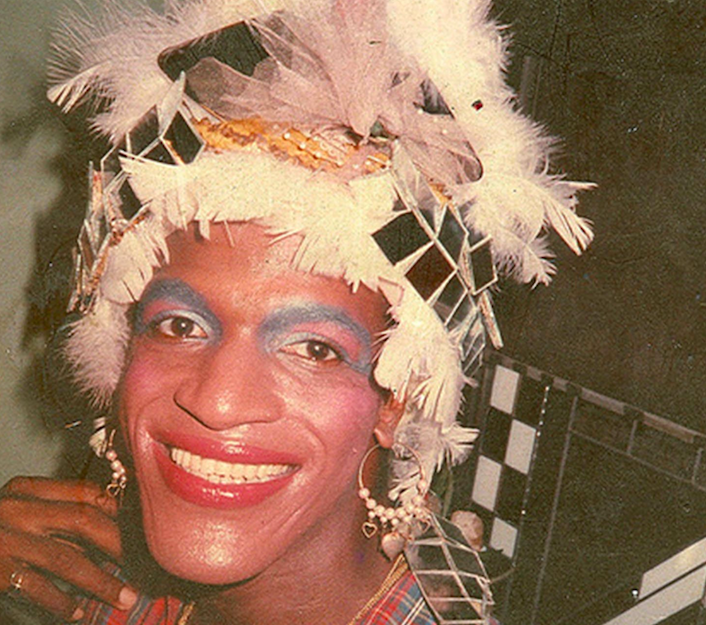Sam is a freshman in the College of Communication. Sam isn’t male or female. Sam is gender fluid.
It means that Sam could, and has, identified as a man, a woman, both or neither. Sam’s name has been changed for the sake of anonymity. Sam prefers the pronouns they/them.
There are no hard statistics on the number of transgender people within the United States. One study estimates 0.3 percent of Americans identify as transgender.
In the same study, it was reported that 71 percent of transgender people hid their gender to avoid discrimination. That discrimination could come from friends, family or complete strangers. Sam says they are hiding their gender identity from their family for that very same reason.
Sam’s journey did not start at college. Instead, it began when they were little. Sam was involved in theater and says, “In middle school, I would specifically try to get male roles because it allowed me to explore that side of myself.”
Sam says they don’t relate to themselves in the way that most do.
“I don’t feel connected to women in the way that women feel connected to women. I like to think of it as gender being a way to identify you.”
Genetically, Sam is female. Typically, people identify with the gender corresponding with their genetic sex. But those who are transgender, which encompasses those who are non-binary or genderqueer, do not abide by that connection.
Sam says they feel traditional gender roles impose a set of expectations upon people that are unfair.
“They say ‘You’re a girl, and you have to fill the role of a girl because you have a female body’ when not only can I act however I want as a female-bodied person, but I rarely relate to myself strictly as a woman,” Sam says.
Their family does not know about Sam’s gender identity. To them, Sam is strictly female.
“It’s honestly a very frightening situation,” Sam says. I don’t know how my parents would react, but I have seen parents of friends and acquaintances react badly.”
At Marquette, Sam says, they have not faced discrimination, but it’s because they are very careful about who they come out to. Outside of close friends, Sam is still closeted. They haven’t come out to their family or people from home.
They have found a place where they feel accepted within the community as genderqueer, and that is within the theater community. “There’s this outlet to explore, and explore in a safe environment … The kinds of people who I have seen who are drawn to theatre at the college level are very accepting, and it’s very nice to have that community,” Sam says.
Sam explained that the way that they dress, whether that be more masculine or feminine, depends upon the day.
“It’s a way of having control in a society that for better or for worse is very appearance-based … It’s a way of taking control of how people perceive me.”







